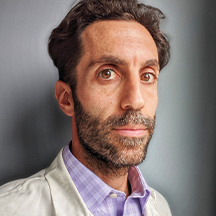MENA public healthcare systems: building resilience for future emergencies
The pandemic caught most countries in the Middle East and North Africa with underfinanced, imbalanced and ill-prepared healthcare systems. This column outlines what went wrong, the economic and health impacts, and the implications for policy. The authors conclude that together with a strong focus on building core public health functions, leveraging the power of data openness can help to promote the region’s recovery. It can also support resilient systems capable of responding to future health calamities arising from epidemics, wars and natural disasters driven by climate change.


